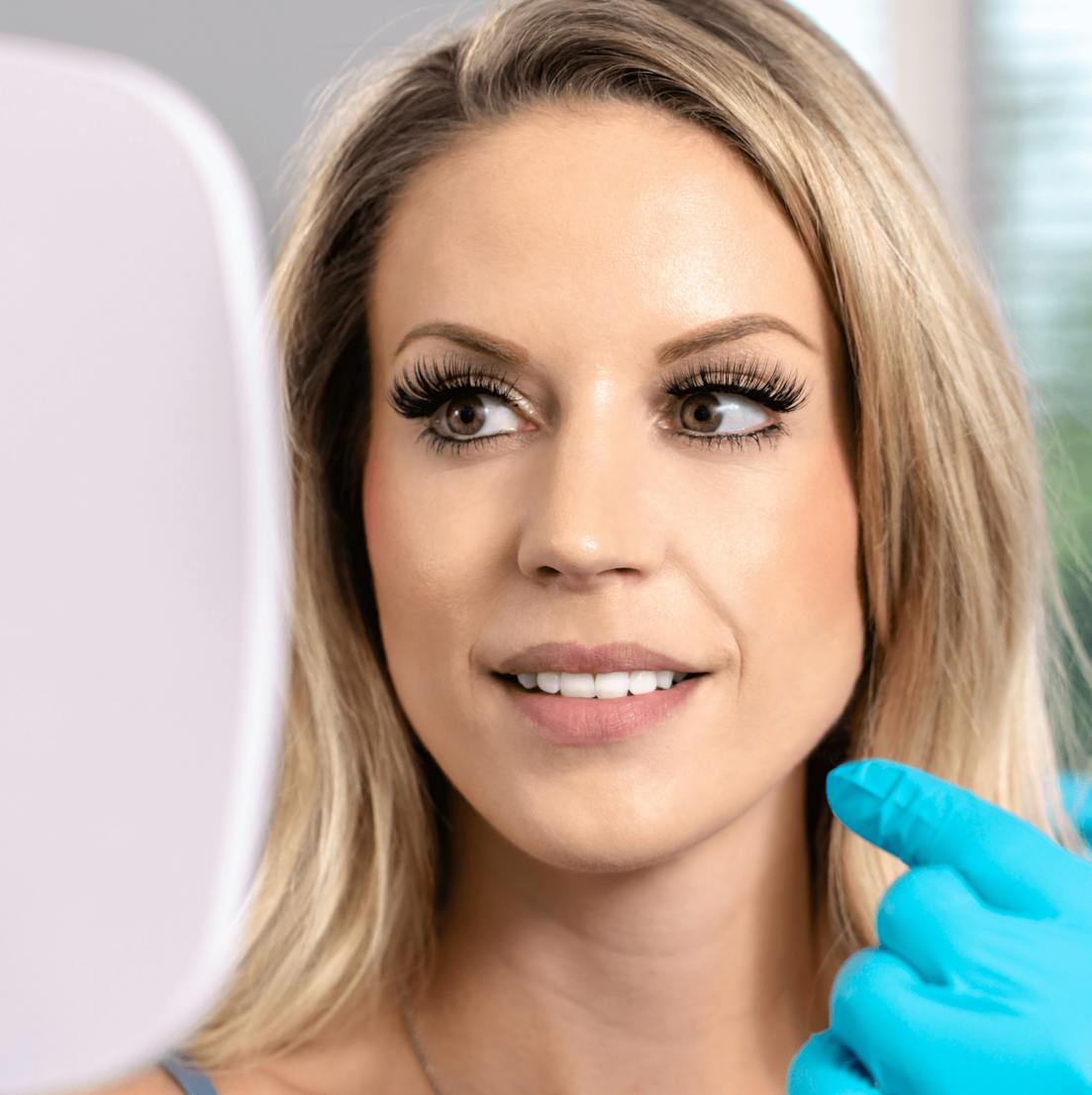Begin your journey.
Your journey to a happier, more confident life starts with a private, in-depth consultation with your surgeon, where we learn about you and your vision and goals. Discover San Antonio’s premier clinic for plastic surgery.

Vitamin A and C help your body repair tissue damage, fight infection after surgery, and help collagen organize into strong structures to optimize your healing (both internal and incisions!). Aim for 900 mcg of Vitamin A and 100 mg of Vitamin C per day by incorporating the colorful fruits and vegetables listed below. This will ensure that you are meeting the RDI (Recommended Daily Intake) for both of these nutrients.
Breakfast:
Morning Snack:
Lunch:
Afternoon Snack:
Dinner:
Total:
Breakfast:
Morning Snack:
Lunch:
Afternoon Snack:
Dinner:
Total:

Your journey to a happier, more confident life starts with a private, in-depth consultation with your surgeon, where we learn about you and your vision and goals. Discover San Antonio’s premier clinic for plastic surgery.

© Hill Country Plastic Surgery. All Rights Reserved.